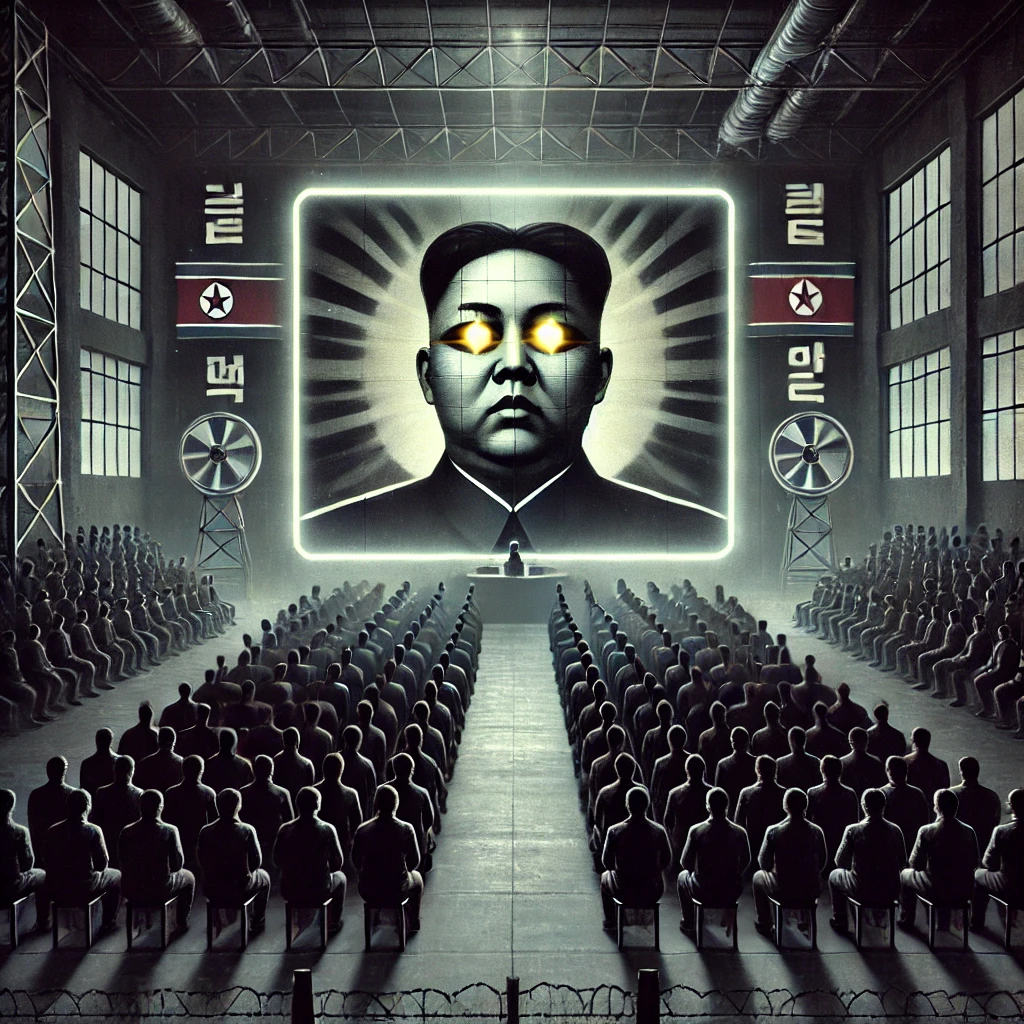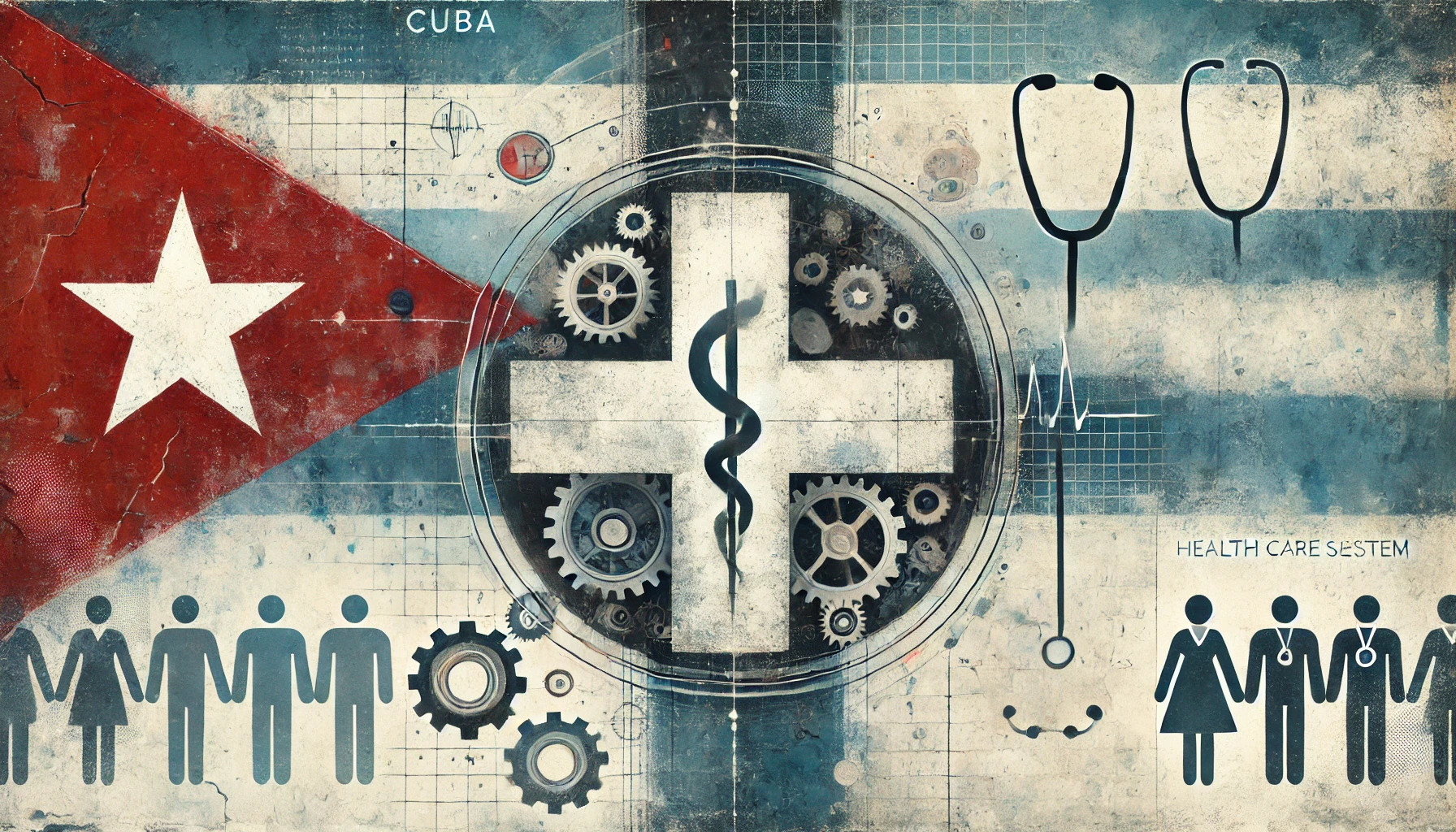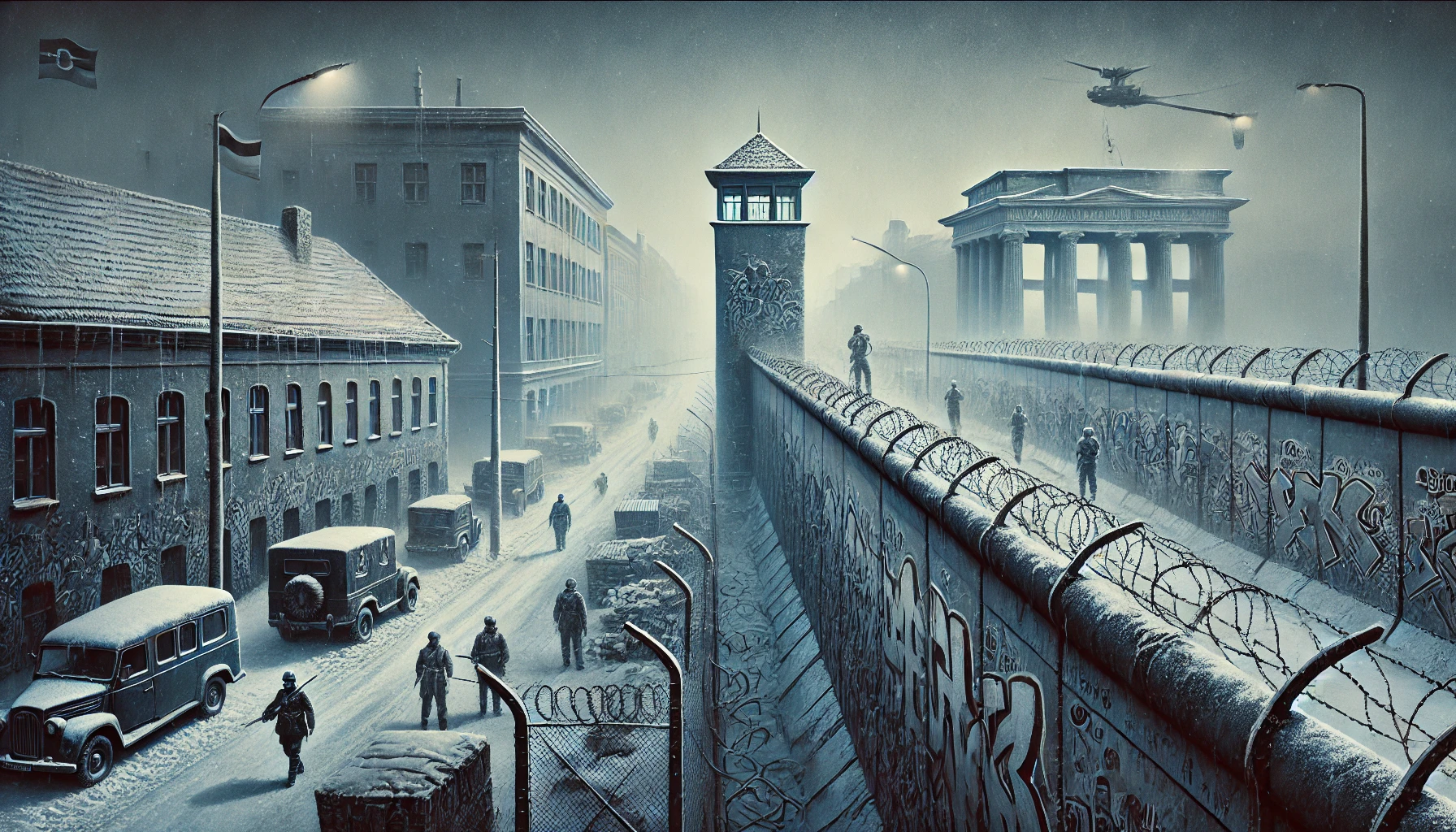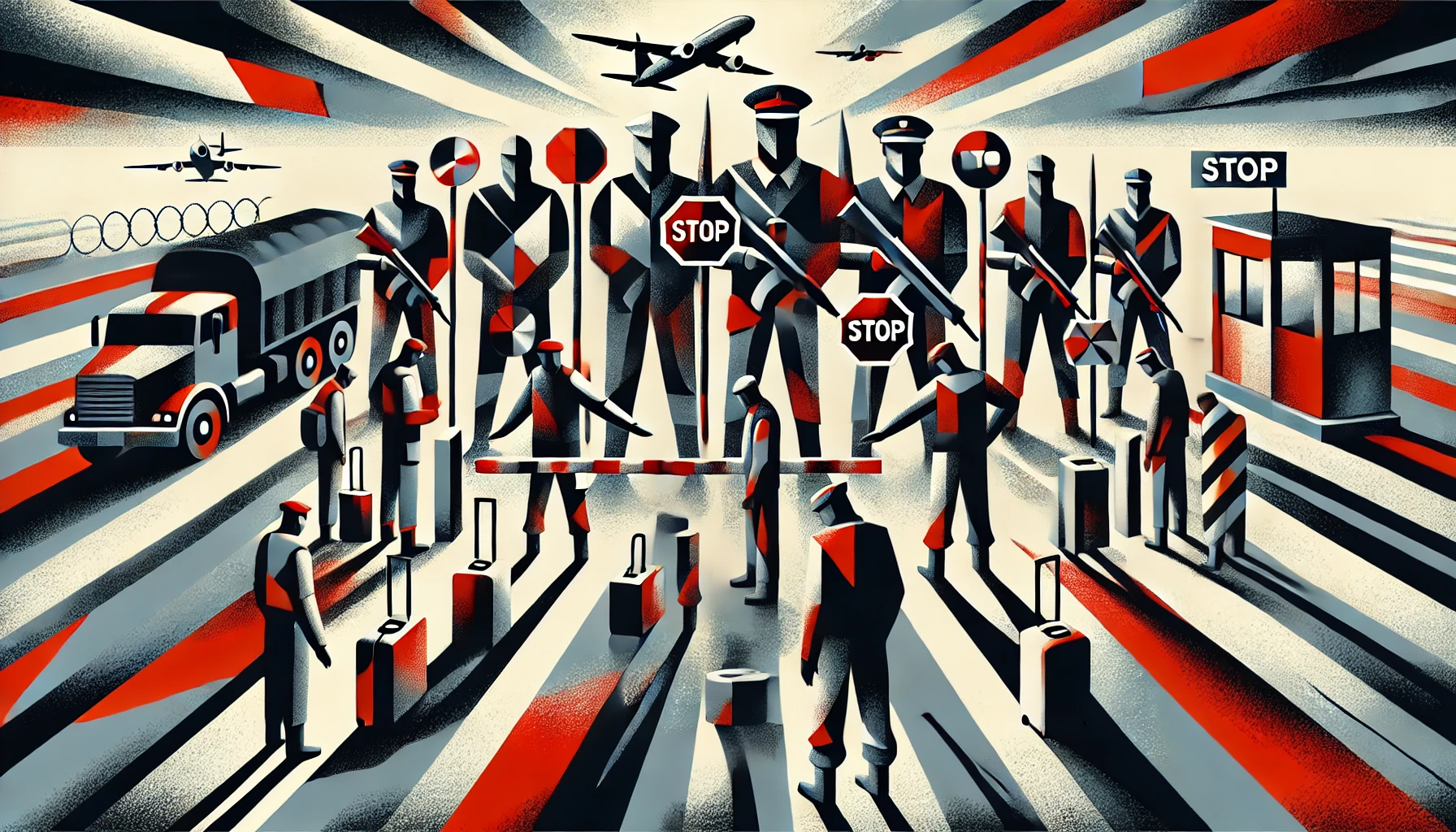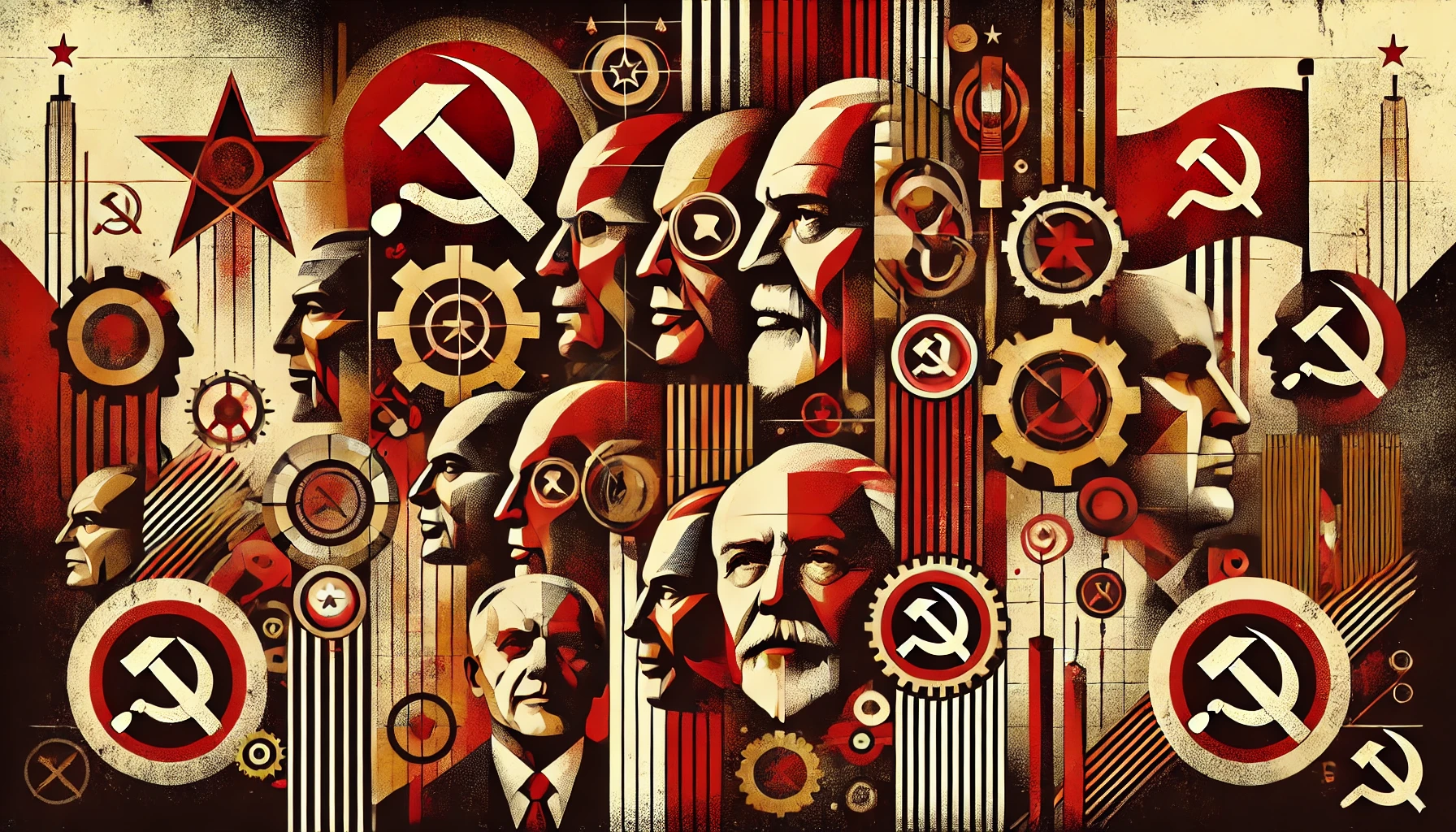North Korea, officially known as the Democratic People’s Republic of Korea (DPRK), has been known for its strict control over information and communication within its borders. The communist regime has maintained a tight grip on the flow of information, effectively isolating its citizens from the rest of the world. This historical analysis will delve into the various aspects of North Korean information control, including its origins, methods, and consequences.
Origins of Information Control
The roots of North Korea’s information control can be traced back to the establishment of the DPRK in 1948 under the leadership of Kim Il-sung. From the very beginning, the regime sought to control the narrative and shape public opinion through propaganda and censorship. The Korean War (1950-1953) further solidified the government’s control over information, as the country was placed under martial law and any dissent was severely punished1.
Methods of Information Control
State-controlled Media
North Korea’s media is entirely state-controlled, with all television, radio, and print media outlets being operated by the government. The content is heavily censored and focuses on promoting the regime’s ideology and glorifying the Kim family. Any information that contradicts the official narrative or paints the government in a negative light is strictly prohibited2.
Restriction of Foreign Media
The North Korean government goes to great lengths to prevent its citizens from accessing foreign media. The possession of foreign books, magazines, or films is illegal and can result in severe punishment. Radio and television sets are pre-tuned to government-approved channels, and tampering with them is a criminal offense3.
Internet Censorship
Access to the internet is heavily restricted in North Korea. Only a select few, mostly government officials and foreign diplomats, are allowed to use the global internet. The majority of the population, if they have access to a computer, can only use the country’s intranet, known as Kwangmyong. This intranet is tightly controlled and consists of government-approved websites and email services4.
Consequences of Information Control
Isolation and Lack of Awareness
The strict control over information has led to the isolation of North Korean citizens from the rest of the world. Many North Koreans have limited knowledge of events and developments outside their country, and their understanding of the world is heavily influenced by state propaganda. Defectors have reported being shocked upon learning about the realities of life outside North Korea5.
Human Rights Violations
The control of information is a key component of the North Korean government’s efforts to maintain its power and suppress dissent. Those who are caught accessing or distributing forbidden information face severe punishments, including imprisonment, forced labor, and even execution. The lack of access to independent information also makes it difficult for North Koreans to challenge the government’s narratives and hold it accountable for human rights abuses6.
Conclusion
North Korea’s control over information is a crucial element of the communist regime’s grip on power. Through state-controlled media, restriction of foreign media, and internet censorship, the government has effectively isolated its citizens and shaped their understanding of the world. This information control has had severe consequences, including the isolation of North Koreans and the perpetuation of human rights violations. As the international community continues to grapple with the challenges posed by North Korea, understanding the regime’s information control methods remains crucial.
2 Reporters Without Borders. (2021). North Korea. https://rsf.org/en/north-korea
4 Yoon, S. (2019). The Internet in North Korea: Prospects and Challenges. 38 North. https://www.38north.org/2019/12/syoon120619/
5 Park, Y. (2015). In Order to Live: A North Korean Girl’s Journey to Freedom. Penguin Books.
6 Human Rights Watch. (2021). North Korea: Events of 2020. https://www.hrw.org/world-report/2021/country-chapters/north-korea


